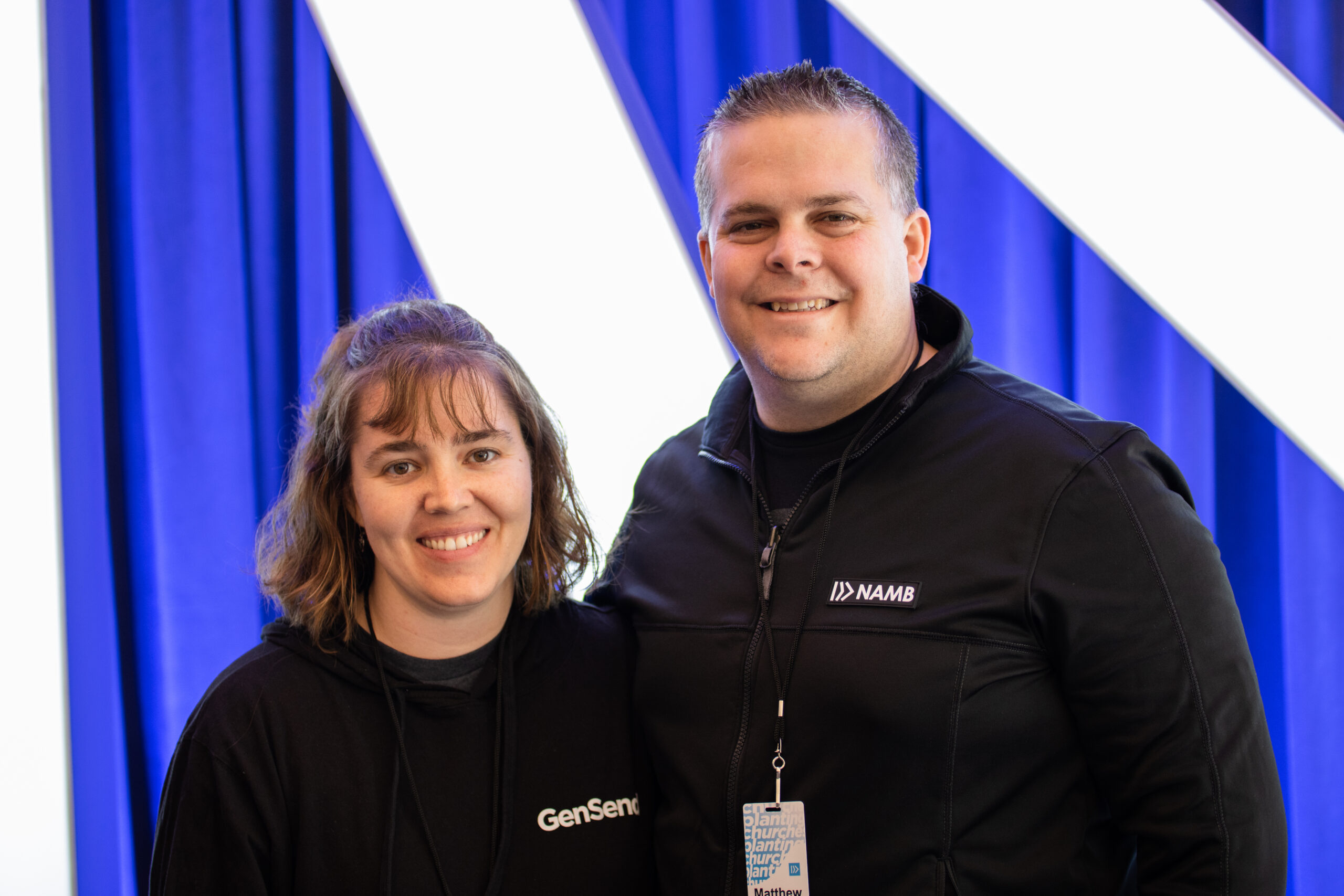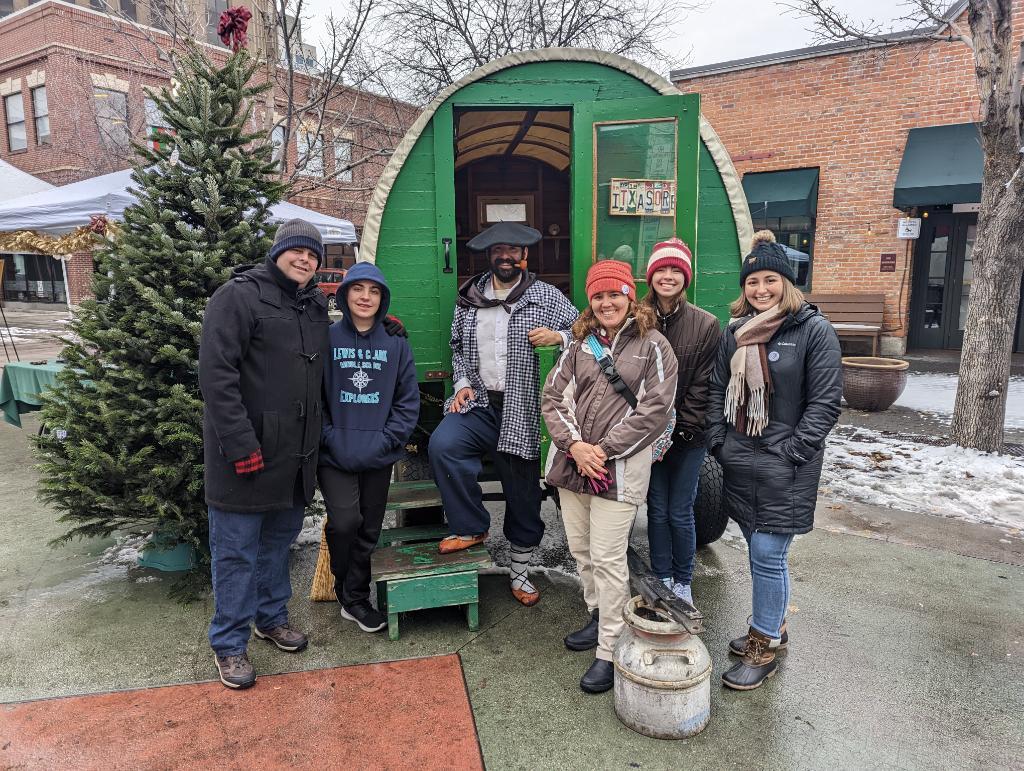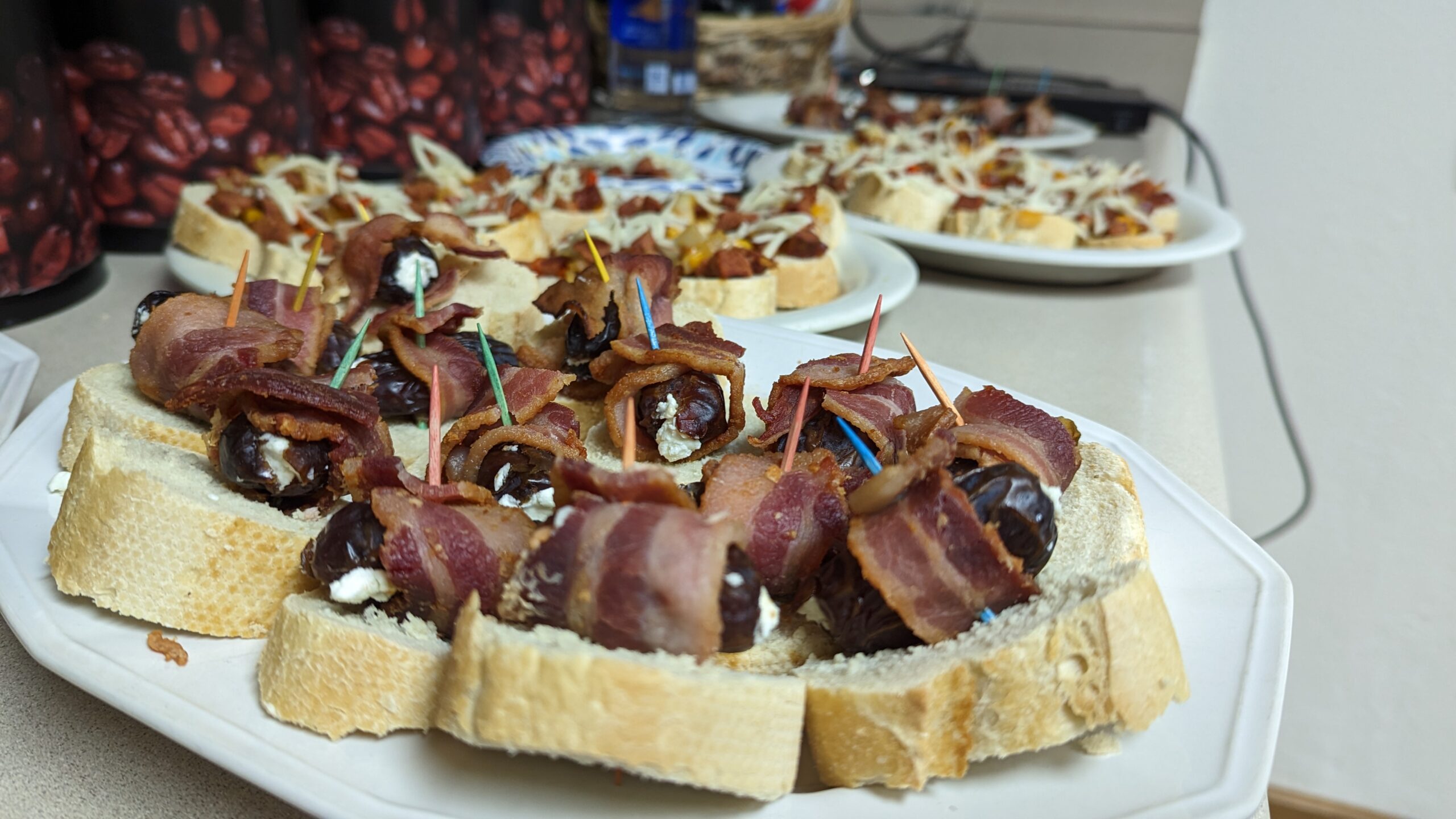BOISE, Idaho – From their first date, Matthew and Bethany McDonald talked about their mutual interest in international missions.
“We wanted to serve where Christ had not been known,” McDonald told Baptist Press. They prayed about Africa, Asia, the Middle East, but “certainly not western Europe,” McDonald said. However, upon hearing about the Basque, an unreached people group, they said yes to a career appointment with the International Mission Board (IMB).
After almost four years, there was a small group of believers in northern Spain, but life interrupted and the McDonald family resigned because of opportunities that arose while on stateside assignment. They were called to a music/evangelism pastorate at a church in western Washington and five years later returned to a senior pastorate in their home state of Florida.
“’The adventure was over,’ we thought,” McDonald said. “But we were within an hour of family. With the local association, we started a partnership with Mexican nationals in Mexico, and then COVID hit. Doors closed. We decided we needed to engage with church planting in the United States.”
Their associational director of missions pointed them to Idaho, where there was “a great need for more churches” and, most unexpectedly when they checked into it, talk of a Basque church planter, though when they got there, they learned there wasn’t one.

Twenty years earlier, Rob Lee, executive director of the Utah Idaho Southern Baptist Convention, had his heart stirred for the Basque people while on an overseas trip.
“In 2003, the International Mission Board (IMB) invited state collegiate directors to attend their national meeting in Spain,” recalls Lee. “The IMB team trying to reach the Basque invited me [and others from Wyoming and Nevada] to spend time with them in Basque Country. The team leader requested us because of the Basque who live in our states. It was an incredible trip.
“I came back and did some exploring in Boise and met a number of Basque at the museum and in the area,” Lee continued. “So, I have been praying since 2003 for a church plant reaching out to the Basque.”
Place names such as Durango, Colorado, attest to the fact that the Basque have been in North (and South) America since the time of Spanish Conquistadores, but the first real migration push coincided with California’s 1848 gold rush.
Thwarted as were most people in the mid-1800s search for gold in California and silver in Idaho and Nevada, the industrious Basque turned to supplying the needs of other miners. Though primarily fishermen in the northern Atlantic Ocean in Europe, they also herded sheep in the Pyrenees mountains and used both skills to meet miners’ needs.

A second major immigration movement for the Basque came during wartime labor shortages in the 1940s, a thrust that lasted until the 1970s. The discrimination the Basque experienced for more than 100 years as a result of being “different” solidified their community, McDonald said.
At least 60,000 people with Basque heritage live in the western United States: south Texas; San Francisco Bay, Central Valley and Los Angeles areas in California; Reno and northern Nevada; Wyoming; and the largest group: a population of about 18,000 in southwest Idaho.
“I realized 10 years ago that we needed a specific Basque church,” said Mike Palmer, Send Network’s church planting leader for the mountain west region. “The largest concentration of Basque people in North America live in southwest Idaho, the Boise area.”
Palmer, tasked with showing the area to the McDonald couple, said, “Matthew asked me, ‘What’s going on with the Basque people?’ I told him, ‘You’re the first person ever to say the word Basque back to me,’ and his wife started crying.”
McDonald wasn’t so easily convinced. By that time, he’d been pastoring the Florida church for four years, and things were going well. Plan A was helping a church planter, not being one.
“Mike told us, ‘Normally I try to talk people out of this. It’s hard work here,’ and I told Bethany, ‘If God wants me to do this, He’s going to have to compel me,’” McDonald said. He paused in thought.

“It would take me a couple of hours to tell you the ways God compelled me,” McDonald said “One thing: We were replacing the floor tiles at our HOA’s Community Lake House, and a pallet got dropped. We had 300 tiles, and every one of them was broken into the shape of Idaho.”
He applied to be a North American Mission Board (NAMB) Send Network church planter. Then came the assessment and fundraising process. The McDonald family, which includes three teen-age children, arrived in Idaho in April 2022.
“We strive to engage in our community, building relationships, being the hands and feet of Jesus,” McDonald said. “We’re looking to make disciples first. We’re not going to launch the church tomorrow.”
The McDonalds study the Basque language alongside Basque residents. They volunteer at Boise’s Basque Museum, Basque social club and at Basque festivals. A Basque woman in her 70s who also volunteers recently asked McDonald, “What is the Bible?” Reared in the Catholic faith, she had been taught since childhood to not study the “confusing” Bible.
“Now she’s starting to think maybe she should study the Bible,” McDonald said. “Others are asking questions about who God is. Tonight, we should have three to four young people here, studying the Bible.
“So far we’ve had one profession of faith, a young man whose friends had taken him to Young Life, and he was curious,” the planter continued. “I’ve challenged him to consider walking with me in weekly discipleship; he’s thinking about it.”
“They dress and live like us but culturally they’re very different. They have maintained their cultural identity better than any other group,” the planter said. “It’s important to Basque families that their kids have a foundation in the Basque language and culture.”
Boise has an Ikastola, a Basque preschool, the only one outside of Basque Country. They also send teens “home” to Europe for a year to better understand Basque life.
“We have families that have been here three or four generations and others who just moved to the community,” McDonald said. “The great news for us is that many speak English. Often, it’s their first language, but not their heart language.”
He meets with Basque people “on their time: coffee break, lunch break, evenings after work,” the planter said. “I’m out in the community, engaging them with the gospel.”
Among community outreaches, the McDonalds last fall hosted a “Basque to School” event that drew about 200 families for bounce houses, block party type of games and 300 backpacks stuffed with school supplies.
This January they started hosting monthly Pintxo (pronounced pincho) gatherings, which are “big in Basque culture,” McDonald said. These include multiple small plates of food – Pintxo means “to skewer” – and engaging in meaningful conversation.
Last month’s menu: pitted dates stuffed with softened goat cheese and wrapped in bacon.
“Building relationships is the best way to reach people,” McDonald said. “To be present in their life, sharing stories. Then the doors open to tell God’s story.
“The work is slow. It’s not easy, but it’s worth it. Our desire is that we see a church here that is effective in sending people back to Europe with the knowledge and desire to reach others with the gospel.”
And, in God’s timing, the planter added, plant more Basque churches in the United States.
Published June 7, 2023